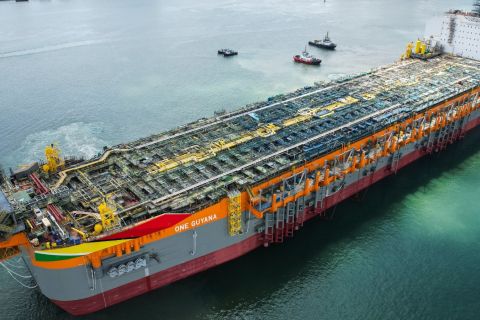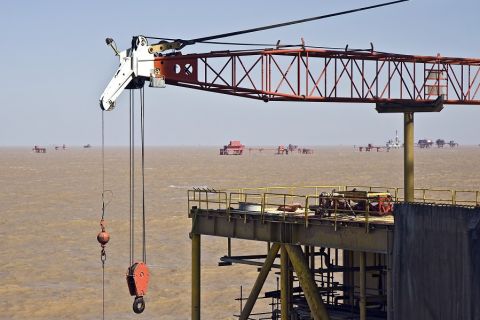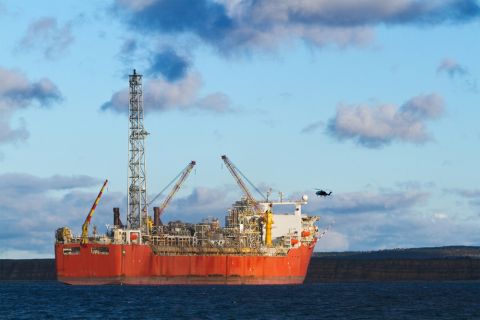VANCOUVER, British Columbia—The First Nations Limited Partnership (FNLP) representing all 16 First Nations along the Pacific Trail Pipeline to the proposed Kitimat LNG project has reacted with dismay to Woodside Petroleum’s announcement that it, too, has placed its 50% ownership of both projects up for sale. The decision by both Chevron and Woodside to divest entirely threatens the viability of the commercial interests of the FNLP members who have long hoped that the “first” LNG Project in BC would finally become a reality.
FNLP came together more than a decade ago in what was then, and remains, a groundbreaking partnership of 16 First Nations in Northern British Columbia whose traditional territories are impacted by the proposed Pacific Trail Pipeline. Through the FNLP’s structure, First Nations can speak with a unified voice on commercial issues related to the project.
“FNLP’s unique arrangement makes us a highly effective partner for the proponents,” said Chief Roland Willson, West Moberly First Nations. “Through the years, our steady partnership has been absolutely vital to advancing the project, particularly through the complex regulatory process. We’ve helped them navigate many related obstacles along the way.”
Willson, a driving force in FNLP’s formation, observed that the FNLP leaders have shown resilience through the challenging years since the FNLP Agreement was signed with the Pacific Trail Pipeline in 2013.
“We’ve been disappointed many times, particularly when we saw LNG Canada get across the line first,” Willson said. “But we knew we had negotiated a good agreement regarding this LNG pipeline for our members. It’s still a good agreement—the pioneer that others have followed. This project needs to be built so the Nations who have supported it all these years can be fairly compensated.”
Mark Podlasly, Chair of the FNLP, agrees.
“The project is in the interest of all British Columbians,” Podlasly said. “Indeed, it is in the national interest not only because it can make an obvious contribution to energy security. Equally importantly, the pipeline owners and the FNLP, working together, can point the way to how real reconciliation can be achieved.”
Podlasly emphasized that “we are incredibly disappointed by this setback. The FNLP stands ready to support the right buyers who will treat us as a genuine partner and recognize the unique value we can bring to the table.”
To safeguard the commercial viability of the Pacific Trail Pipeline, FNLP said it looks forward to working closely with prospective buyers so that the 16 participating First Nations can realize the long-term financial and employment benefits.
Recommended Reading
Equinor Receives Significant Discovery License from C-NLOPB
2024-02-02 - C-NLOPB estimates recoverable reserves from Equinor’s Cambriol discovery at 340 MMbbl.
Deepwater Roundup 2024: Americas
2024-04-23 - The final part of Hart Energy E&P’s Deepwater Roundup focuses on projects coming online in the Americas from 2023 until the end of the decade.
Oceaneering Won $200MM in Manufactured Products Contracts in Q4 2023
2024-02-05 - The revenues from Oceaneering International’s manufactured products contracts range in value from less than $10 million to greater than $100 million.
CNOOC’s Suizhong 36-1/Luda 5-2 Starts Production Offshore China
2024-02-05 - CNOOC plans 118 development wells in the shallow water project in the Bohai Sea — the largest secondary development and adjustment project offshore China.
TotalEnergies Starts Production at Akpo West Offshore Nigeria
2024-02-07 - Subsea tieback expected to add 14,000 bbl/d of condensate by mid-year, and up to 4 MMcm/d of gas by 2028.





